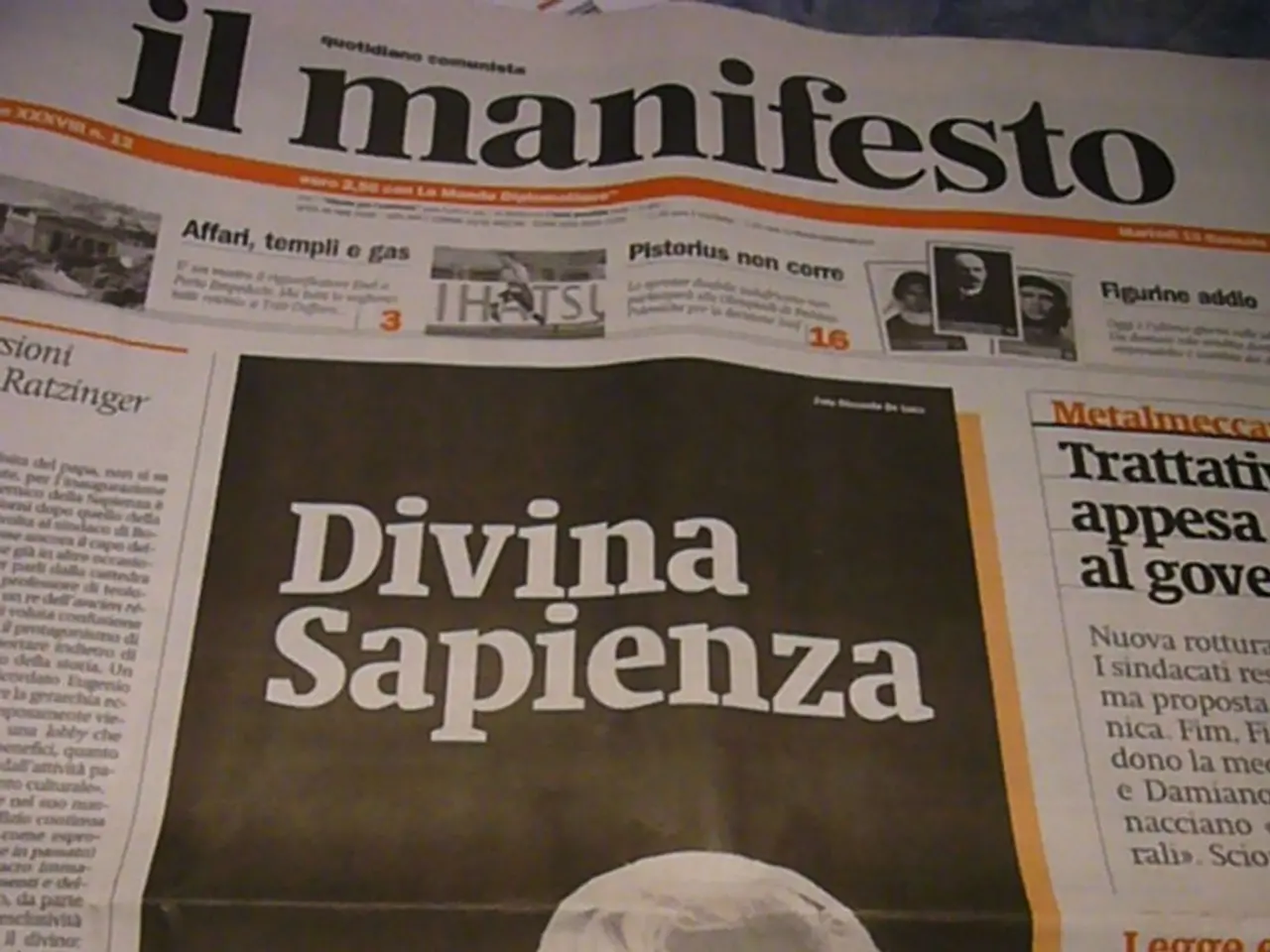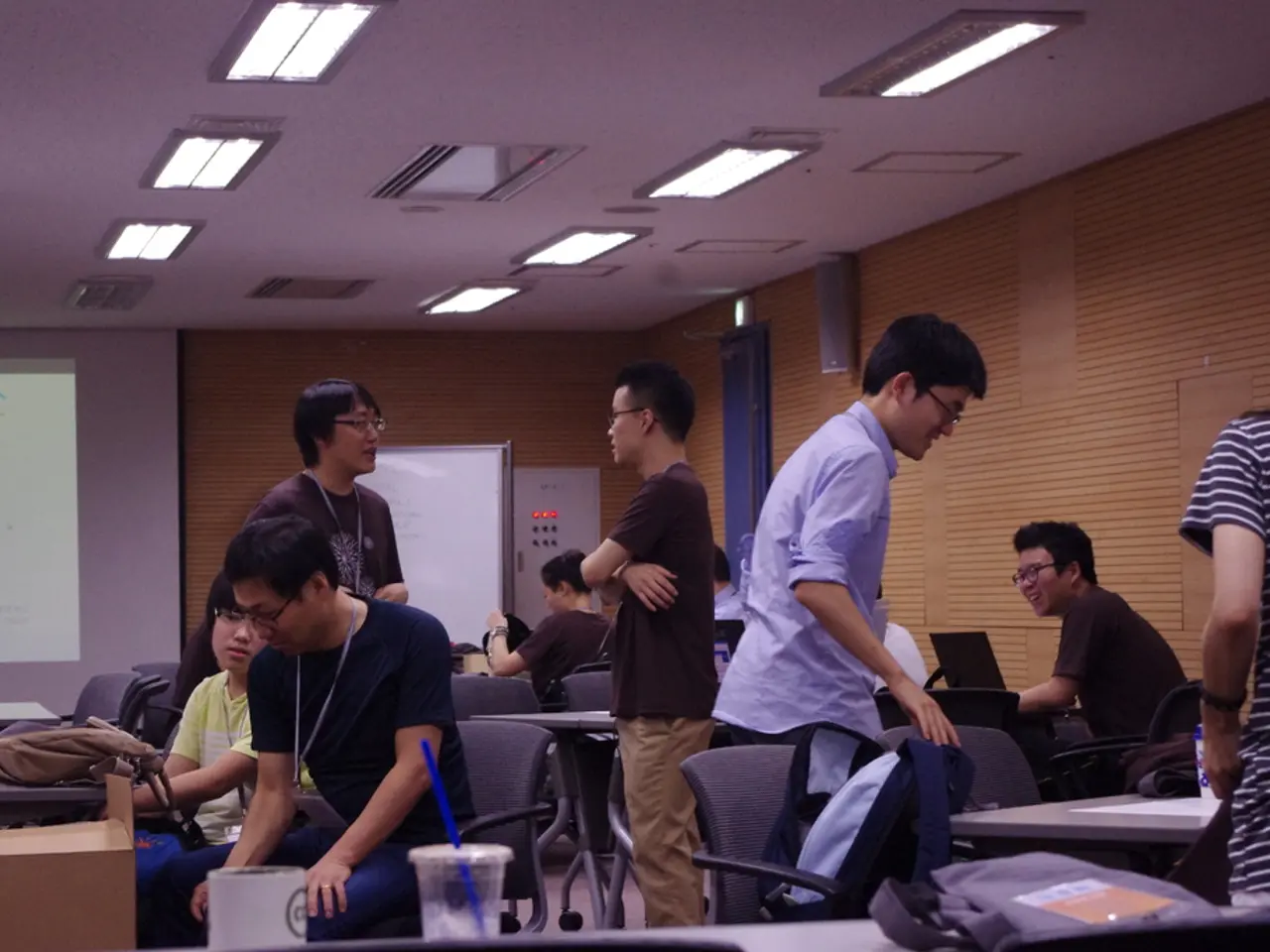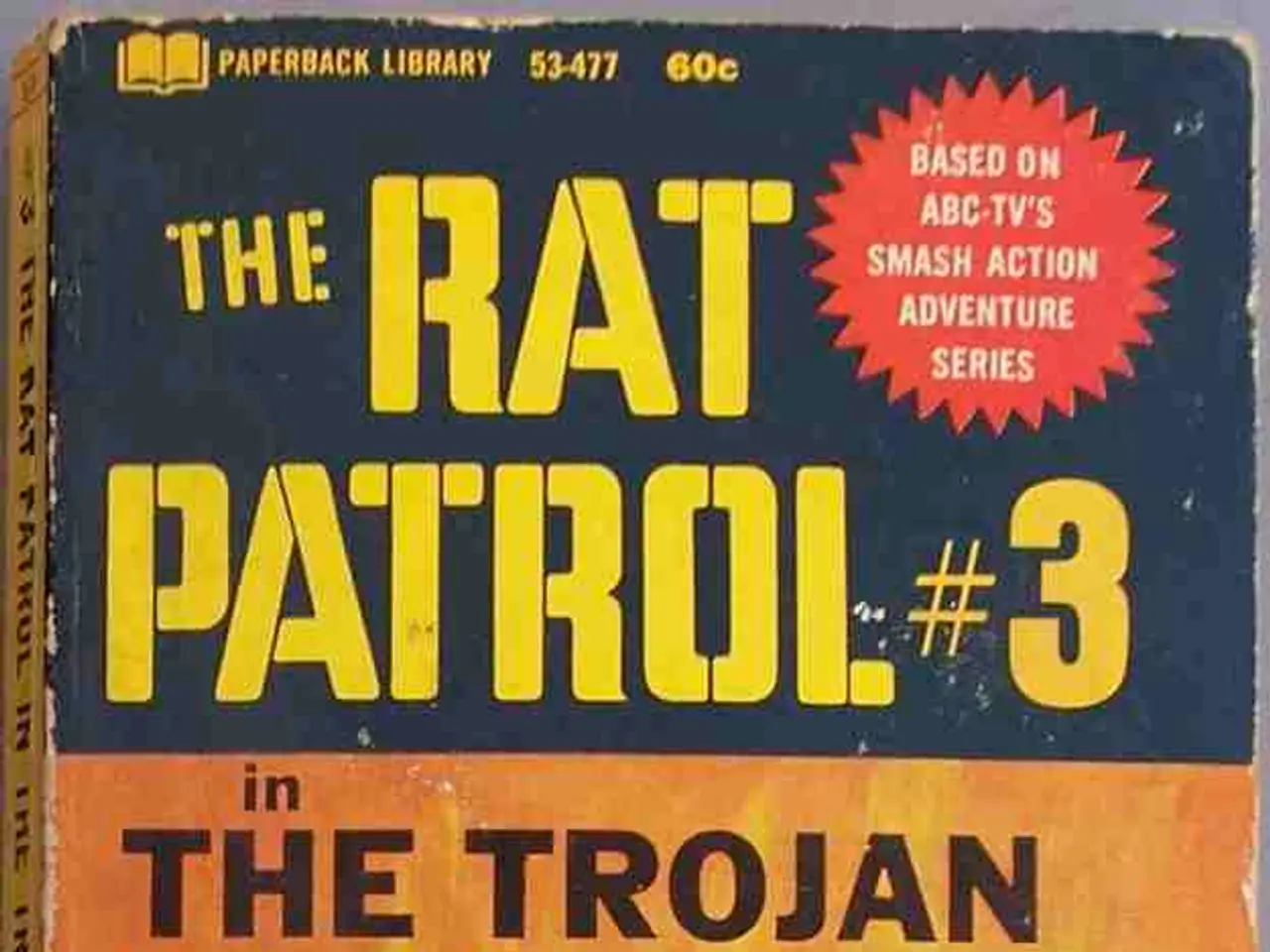Defending Digital Learning Content: Intellectual Property Methods for Educators
In the Digital Learning Age, Guarding Your Intellectual Property
Welcome to the era of online learning, where the world of knowledge is limitless and accessible, but so is the risk of intellectual property theft. In this tech-driven landscape, educators must adapt to new teaching methodologies while navigating the complex labyrinth of copyright laws. So, let's dive into the importance of copyright protection in the realm of e-learning, focusing on the legal framework in India.
Navigating Copyright Laws in India
Indian copyright laws, primarily outlined in the Copyright Act of 1957, sets the ground rules for intellectual property protection in online education. These laws protect original works, including educational materials, offering creators exclusive rights and incentives for their efforts.
Protecting Your Online Courses
At the heart of e-learning, course creators must fortify their intellectual property with robust protection measures. Copyright registration can be a powerful defense against infringement, establishing ownership and Legal rights over protected works. This process boosts the credibility of copyright claims, while providing Educators with remedies and potential damages in cases of Copyright infringement.
Trust and transparency are crucial in e-learning. Therefore, Educators should communicate Copyright status in their content by including notices and usage permissions, fostering an academic ecosystem where creators and Learners respect Intellectual Property Rights. Additionally, including licensing agreements or terms of use statements can define acceptable use and prevent unauthorized exploitation.
Leveraging Fair Use and Fair Dealing
Indian copyright laws acknowledge the need for educational flexibility through provisions like "fair dealing." By understanding the purpose and conditions of fair dealing, educators can utilize copyrighted materials while avoiding infringement claims. Over time, courts have judicially defined what constitutes unfair dealing, with competition, profit motive, and intention being critical factors.
Best Practices for Copyright Compliance
Educators must conduct thorough research to determine the Copyright status of external materials. Seeking permission from copyright holders is essential when using third-party materials. Embracing open-licensed Content, such as Creative Commons materials, provides educators with greater flexibility while safeguarding Intellectual Property Rights.
Staying informed about updates in copyright laws and regulations is vital for ongoing compliance. Educators are encouraged to participate in professional development opportunities and seek guidance from legal experts to strengthen their understanding of copyright principles and navigate copyright complexities effectively.
Addressing Common Copyright Challenges
Educators may encounter challenges, such as copyright laws' complexities and ambiguities, especially surrounding fair use. To tackle these difficulties, educators can utilize Creative Commons licenses to maintain control over content usage while promoting responsible consumption.
Avoiding reliance on third-party materials through original content creation minimizes the risk of infringement. Implementing digital rights management tools also offers extra security by controlling access and preventing unauthorized copying or distribution.
In Conclusion,
Copyright protection is essential for safeguarding the intellectual property of educators in the online learning environment. By understanding Indian copyright laws and applying best practices, Educators can foster a culture of academic Integrity while maximizing the impact of their E-learning resources.
- In the realm of e-learning, understanding and adhering to Indian copyright laws is crucial, as these laws protect original works and grant creators exclusive rights, offering incentives for their efforts.
- To safeguard the intellectual property of online courses, course creators should register their work under copyright and include notices, usage permissions, licensing agreements, or terms of use statements in their content.
- Educators can utilize provisions like "fair dealing" in Indian copyright laws to use copyrighted materials without infringing on others' rights, by understanding the purpose and conditions of fair dealing.
- To maintain control over content usage while promoting responsible consumption, educators can utilize Creative Commons licenses, create original content, or use open-licensed content, and implement digital rights management tools for added security.




